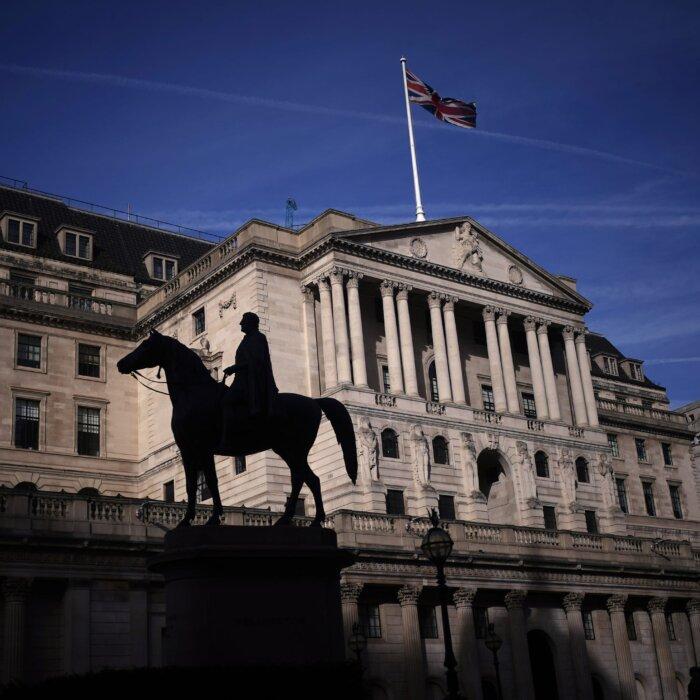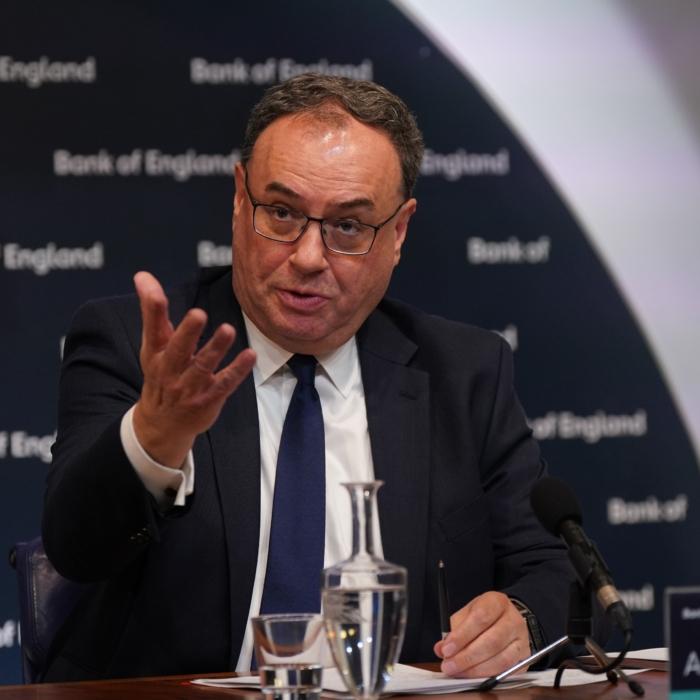The economy has maintained its recovery from the mild recession in the latter half of 2023, with growth continuing for a second consecutive quarter, according to official figures.
ONS Director of Economic Statistics Liz McKeown described the growth as strong, “following the weakness we saw in the second half of last year.”
McKeown said: “Growth across the three months was led by the service sector, where scientific research, the IT industry and legal services all did well.
Economists Split
The performance is in line with predictions, but economists are split on whether the growth will continue.Sanjay Raja, UK chief economist at Deutsche Bank, said that while this should lift the overall size of the economy, “don’t expect the strong growth in H1 [the first half of the year] of 2024 to last. We should see some slowdown.”
“Indeed, June GDP flatlined, with the services sector shrinking by 0.1 percent. Carry-over effects into the third quarter will be weaker,” Raja predicted.
EY UK Chief Economist Peter Arnold was slightly more optimistic, saying that “the prospect of rebounds in health and retail output in July means that Q3 should get off to a reasonable start.”
“Beyond that, EY expects the economy to continue growing at a decent pace, though it will struggle to sustain the above-trend rates seen in H1 2024,” Arnold said.
Nomura’s chief European economist, George Buckley, said he thinks the Bank of England (BoE) will be “satisfied” with the economic growth so far, saying he believes central banks are “now looking a lot more closely at GDP figures relative to inflation.”
Economic Challenges
GDP is used to describe the size of a country’s economy by measuring the economic activity across governments, industry, and households. If households are spending more and companies are creating more work, this is an indication of economic growth.This second quarter of solid growth should be a positive for the new Labour government, which has made growing the economy a key objective in their plans to draw in higher tax revenue which can then be put into public spending.
However, Chancellor of the Exchequer Rachel Reeves stressed the government “is under no illusion as to the scale of the challenge we have inherited after more than a decade of low economic growth and a £22 billion black hole in the public finances.”
Inflation
The performance comes after the ONS published the Consumer Price Index figures on Wednesday, showing that inflation had risen to 2.2 percent in July, above the BoE’s 2 percent target and the first increase this year after months of decline.Inflation is still lower than during the height of the cost of living crisis in 2022 and 2023, where it peaked at 11.1 percent in October 2022.
Economists predict the Bank will hold interest rates at the MPC meeting in September, waiting until November before deciding on whether to cut rates to 4.75 percent.







